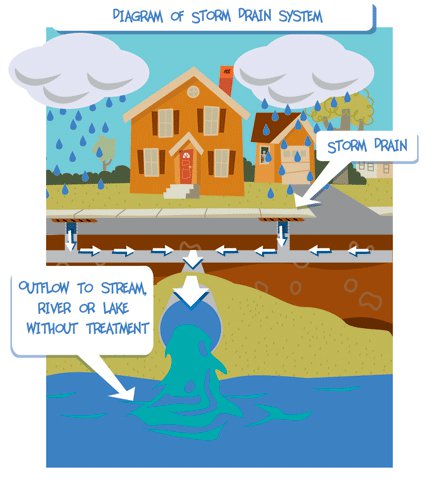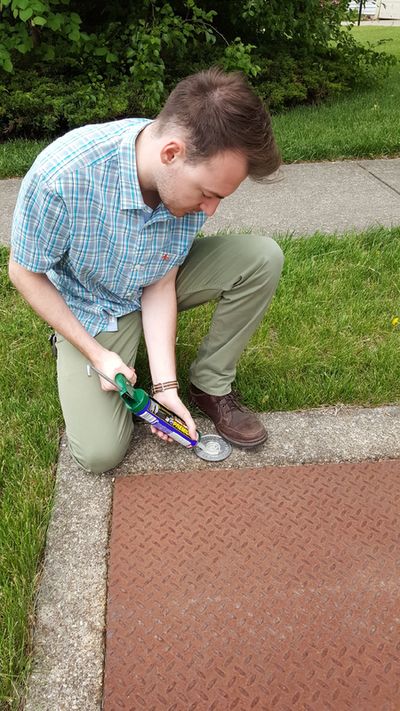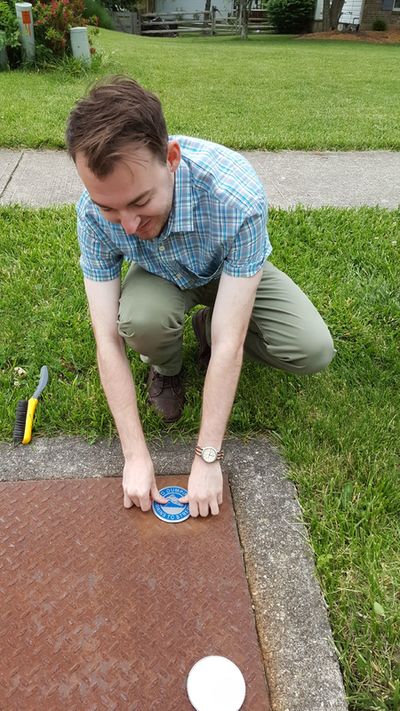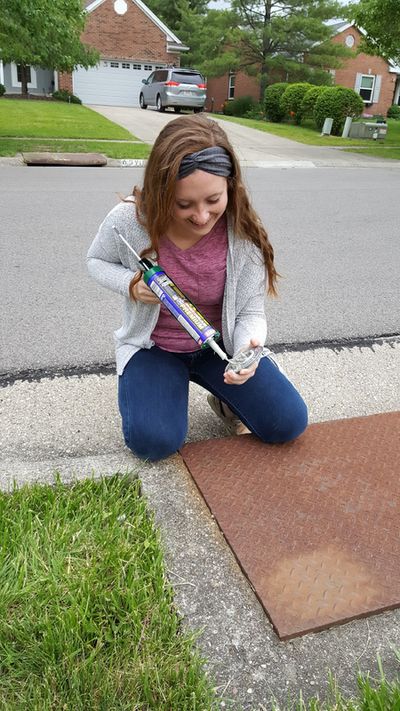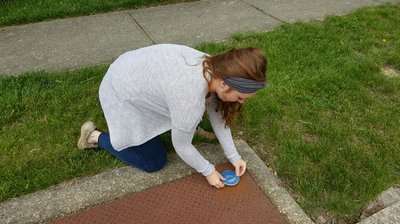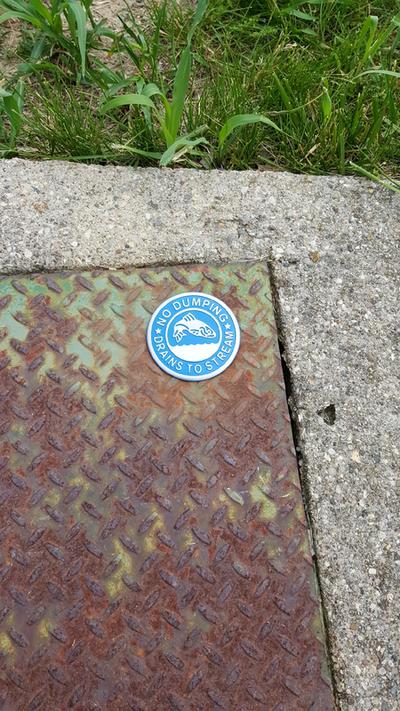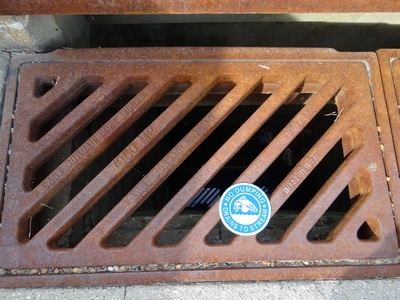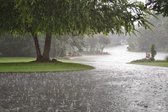 It's spring, so we are getting lots of rain lately. Rain always disrupts the land a bit and causes concern as it flows through yards, ditches and construction sites. But where does it all go? If you were paying attention in your second grade science class you learned about the water cycle. Some of the water soaks into the ground and recharges our groundwater. Smaller amounts of water evaporate to be collected in the sky creating more rain. But most of our rain water eventually makes its way to streams and rivers, oceans and lakes. 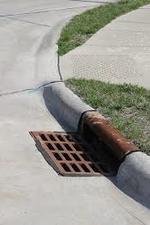 Our storm sewer systems do the job of collecting and conveying the rain water to its destination. These storm sewer systems collect the quickly accumulating rain and convey it down stream to make roads and bridges safe and to protect other property features such as houses, buildings and airports. There is a common misconception that the catch basins and yard inlets actually flow to a treatment facility. Some people think the water is taken to the same location that our sanitary sewers take and treat our sewage. This is not true. The catch basins and yard inlets you see around town flow directly to ponds, lakes, rivers and oceans. 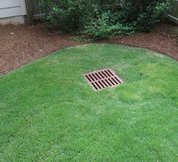 Because everything that is put into a storm sewer eventually makes it's way to our important natural features, you should never dump anything other than water into a catch basin or yard/street inlet. Never dump yard debris, pet waste, pesticides, fertilizers, vehicle wash, paints and other chemicals into a storm drain, The diagram below is a simplified diagram showing you how this system works. Tips for keeping our lakes and rivers clean!
Storm Drain Tagging Program Warren SWCD is committed to educating the general public about our storm sewer systems and protecting our wetlands, lakes, streams and rivers. One or our first jobs for our summer interns was installing storm drain tags! These tags let people know where the storm water flows and reminds them that dumping anything other than water will cause environmental pollution. If you are interested in helping us educate the public and would like to volunteer for our storm drain tagging program, please visit our Volunteer Opportunities page on our website.
12 Comments
2/26/2018 03:00:00 am
I hope all these information would be helpful for them.
Reply
6/14/2022 12:29:36 pm
Nice post! It's good to have this kind of information be shared to everyone out there.
Reply
A drainage system is accountable for getting rid of the surplus water either on the floor’s surface or the root area of any property. It is also possible for surplus water to accumulate from the rainwater or the usage of an excessive amount of irrigation water. It is imperative to drain the water for clearing the system as well as pipes since it might otherwise lead to leaking, flooding, filthy smells, slow draining, in addition to water damage
Reply
6/24/2022 10:59:25 am
Great explanation! Now, this will let everybody know not to waste water due to the fact that it's hard to come by in some places.
Reply
eph oph
9/1/2022 12:22:53 pm
Where does water go? Nowhere. Its a closed system on Earth. You can use the word “displaced” but who decides where it is supposed to be?
Reply
Leave a Reply. |
Details
Warren County SWCD Staff BlogA blog to keep you informed on all the latest news at Warren County SWCD and in the conservation world. Archives
May 2024
Categories
All
|
|
|
Contact:PHONE: (513) 695 - 1337
EMAIL: [email protected] HOURS: Monday - Friday 7:30am - 4:00pm (except holidays) Connect:Warren County Soil & Water Conservation District Copyright © 2016
Warren SWCD Privacy Notice. Emails are serviced by Constant Contact. Constant Contact's Privacy Notice. |
